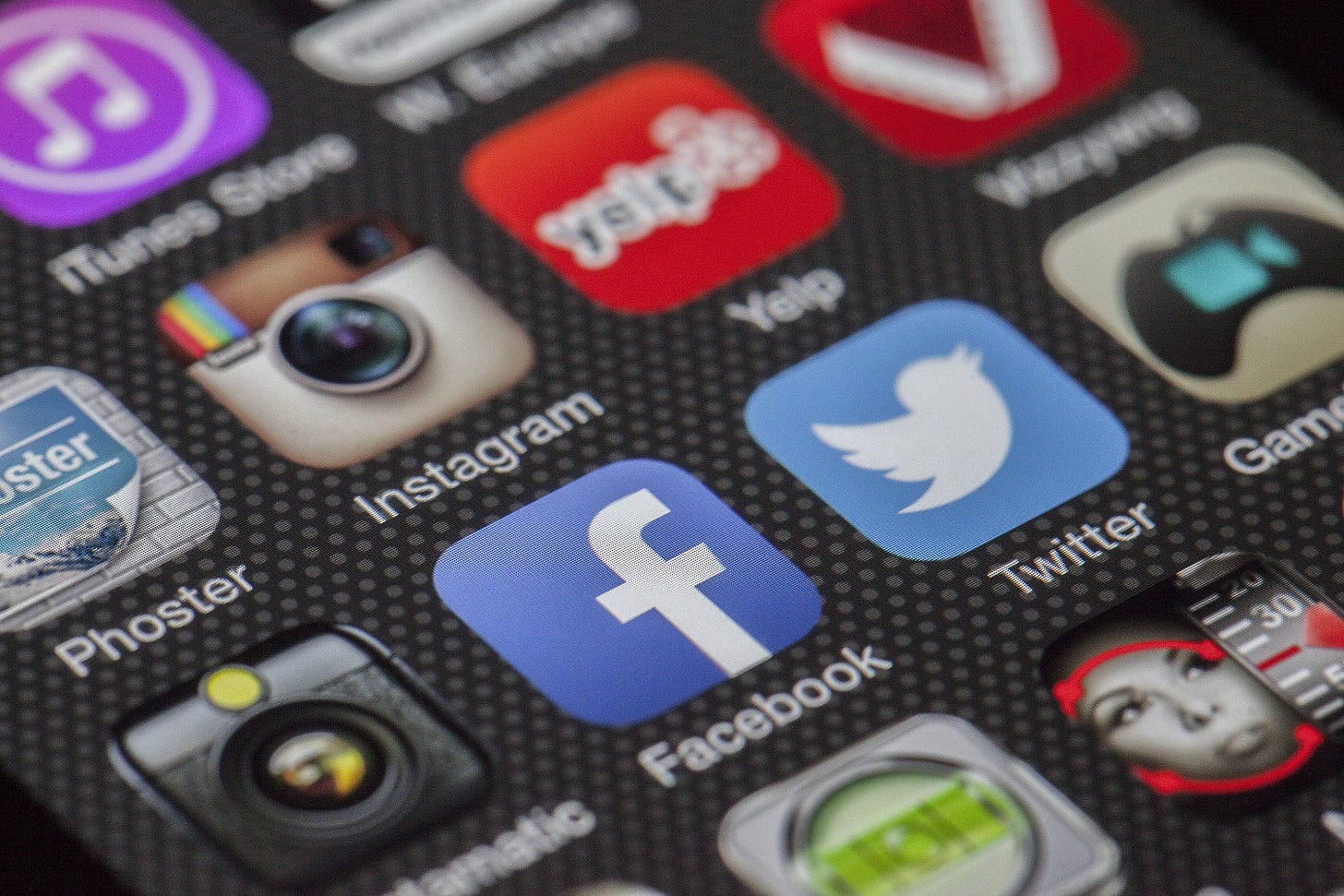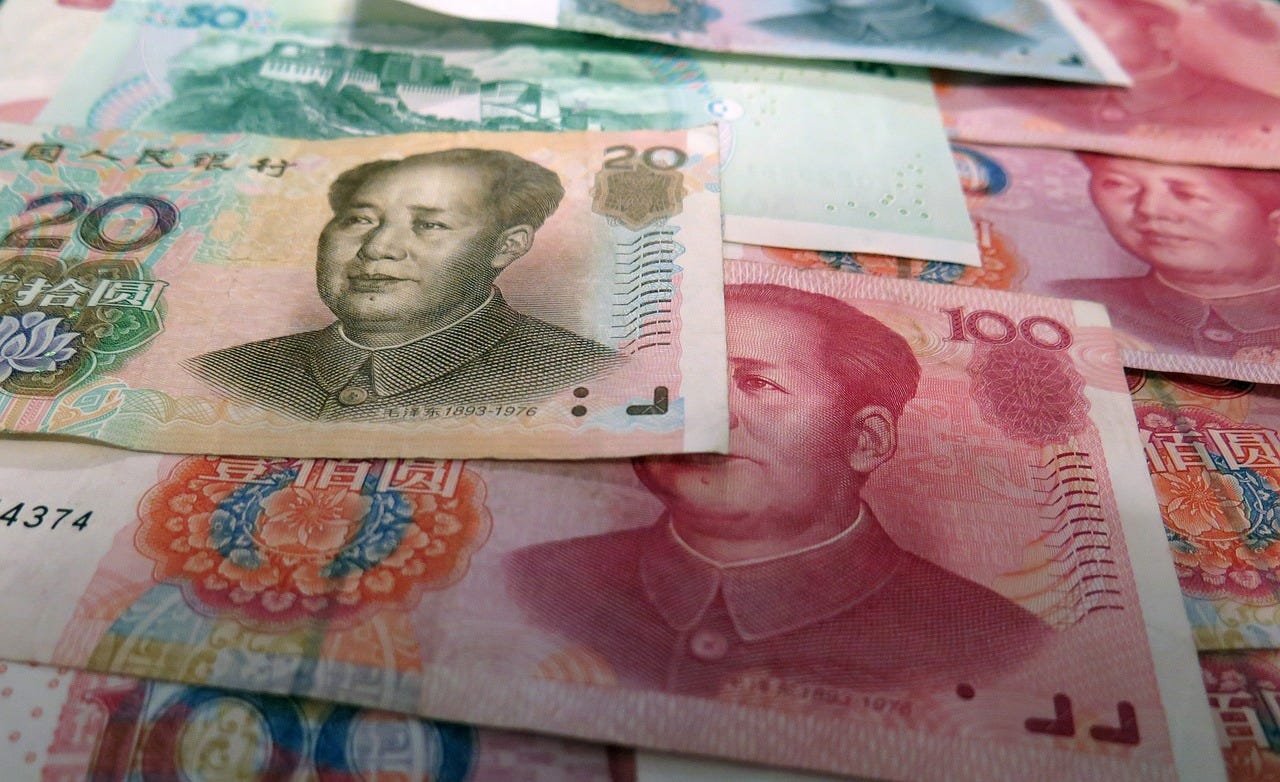India no bar for Mars
Also in today’s edition: Vi’s bottomless abyss; Big Tech Khan’t shop like it used to; It’s plane and simple for Tata; Yuan size fits all
Good morning! Imagine a world where affordable electricity is generated without fossil fuels, emissions, or radioactive waste. That reality is decades away, but Financial Times reports that the Lawrence Livermore National Laboratory in California just cracked the holy grail of clean energy. This holy grail is ‘net energy gain’, where nuclear fusion reaction, which powers the sun, produces more energy than it consumes. Physicists have been trying to crack net energy gain since the 1950s. Small wonder that the US—and the world—is billing the development as a major scientific breakthrough.
🎧 Here's what to expect from the first G20 Finance and Central Bank Deputies meeting. For our deep dive, we talk about why Apple is scaling back on its self-driving car for the moment. The Signal Daily is available on Spotify, Apple Podcasts, Amazon Music, and Google Podcasts, or wherever you listen to your podcasts.
If you enjoy reading us, why not give us a follow at @thesignaldotco on Twitter and Instagram.
The Market Signal*
Economy & stocks: The government reports that there was much less buzz in Indian factories in October compared to the same period in the previous year. Pulled down by sluggish manufacturing, industrial output shrank 4% in October.
The good news is retail inflation came down to 5.88%, the lowest in 11 months and just under the upper level of RBI’s comfort zone.
The Business Standard quoted a Grant Thornton Bharat report saying that November was the best month for IPOs this year which saw 32 companies raising $7.6 billion.
The Wall Street Journal reports that US investors are now hopeful that the Fed Reserve will be able to manage a soft landing of the economy.
Early Asia: The SGX Nifty rose higher (+0.18%) at 7.30 am India time. The Hang Seng Index (+0.34%) and Nikkei 225 (+0.26%) also continued their forward march.
FMCG
Mars Wants India To Give A Flying Fudge
European consumers eat an average of 7 kg of chocolate per year (we're not even thinking of calories right now). In comparison, Indians consume less than a tenth of that. Snickers-maker Mars spots an opportunity there, perhaps more so because chocolate demand is rising in the country.
Doubling down: Mars wants to double chocolate sales in Mexico, Brazil, Saudi Arabia, India, and a few more countries in five years.
Indian puzzle: It's hard for food brands to crack India due to the unique challenges of consumers’ sensitivity to prices and taste, and the oppressive heat that makes storage and transportation difficult. It even forces them to make bars less creamy. While Mondelez’s Cadbury, Nestle, and Amul slug it out to become the de-facto choices, the likes of Darkins, Mason & Co, and others are innovating with flavour combinations, ‘clean ingredients’, and vegan variants to capture a niche market.
TELECOM
Will Vi Go Bust?
Government officials say Vodafone Idea (Vi) will go bankrupt if promoters do not bring in funds in the next couple of months.
Past imperfect: The government had stepped in to bail out Vi after the promoters pleaded for a rescue in exchange for a 33% stake. It now wants a clear business plan.
The promoters have invested ₹4,900 crore ($593 million) so far, but that went towards payments to mobile tower giant Indus Towers. Vi also has an overall debt of ₹2,20,000 crore ($26.6 billion), lags behind in the 5G race, and has delayed vendor payments.
Present tense: The AV Birla Group is unlikely to pump in more equity if co-promoter Vodafone UK doesn’t bring in its share. Vodafone is battling issues at home with CEO Nick Read resigning last week after failing to arrest the drop in the company’s share price.
REGULATION
Lina Khan Upends Big Tech’s Modus Operandi
Yesterday, we told you about how the US Federal Trade Commission (FTC) suit against Microsoft’s acquisition of Activision Blizzard King could undo the biggest gaming deal. The regulator is also butting heads with Meta in an ongoing trial against the company’s acquisition of VR company Within, which developed the immersive workout app Supernatural.
So?: Under current chair Lina Khan, the FTC isn’t just trying to stop mergers before they take off, but changing the very scope of antitrust practice. Compare this to its once-laidback approach to deals such as Meta’s purchases of WhatsApp and Instagram (and the resultant criticism that followed).
The Signal
Khan isn’t just checking monopolistic practices; she’s disrupting how Silicon Valley has always functioned. Big Tech wouldn’t have existed if not for its rash of buyouts over the last 20-odd years. Nearly every product and service, from Apple’s Siri, Music and Pay to Google’s Android OS and Workspace, is the outcome of an acquisition.
The FTC argues that Meta, “already a key player at each level of the virtual reality sector”, is “trying to buy its way to the top”. The contention is that Big Tech should invest in product development over cannibalising genuine innovators.
As Axios notes, this boils down to the build vs. buy debate. The outcomes of FTC’s suits will dictate whether Big Tech earmarks fatter budgets for R&D rather than market control.
AVIATION
Tatas May Buy A Few Birds
Air India (AI) may buy 500 planes for ~$100 billion to beef up its fleet of 218 aircraft flying Air India, Vistara, and AirAsia colours. That’s bigger than the world’s single largest order, placed by Emirates in 2017 for 430 Airbus A320 Neos.
BFD: In 2021, Boeing delivered 340 commercial planes, and Airbus supplied 640 aircraft worldwide. The AI order is likely to be split between the two and delivered over 10 years. The Tata Group is currently revamping its airline business, merging separate carriers, and bringing them under the AI brand and management.
Boomtime: The massive order speaks to more Indian travellers preferring to fly despite red-hot fares. With regional air connectivity improving and new airports coming up, the aviation industry appears to be hitting a purple patch. The Tatas also have larger ambitions, including making planes.
GLOBAL FINANCE
China Unspools A Long Debt Rope
China has a new trick up its sleeve to challenge the international sway of the dollar and safeguard its loans to indebted countries, especially on its $1 trillion Belt and Road Initiative (BRI): currency swap lines.
The People’s Bank of China now has yuan swap arrangements with 40 countries worth $570 billion, the largest network globally. Distressed economies hold about 60% of Chinese loans, and many countries hold hidden BRI debt worth $385 billion.
What: A currency swap—a common instrument used worldwide—is an arrangement between two central banks to exchange their respective currencies for a specific period and fee. It is usually done for the borrowing central bank to tide over a foreign-exchange crunch in its local economy.
The swap helps China popularise the yuan and evergreen loans by extending the tenures, although it increases the financial risk for the borrowing country, says The Wall Street Journal.
FYI
Cloud nine: Microsoft is bagging a 4% stake for $2 billion and a board seat in the London Stock Exchange Group as part of a 10-year deal; the partnership requires the bourse operator to spend at least $2.8 billion on Microsoft’s cloud products.
Biotech biggie: Amgen Inc is buying rare disease drugmaker Horizon Therapeutics in an all-cash deal worth $27.8 billion, marking the biggest healthcare merger of 2022.
Hot border: Injuries on both sides were reported after Chinese and Indian troops clashed on the international border in Arunachal Pradesh, refreshing memories of the deadly conflict in Galwan, Ladakh in 2020.
No takers: Statistics from the Ministry of Education reveal that more than 11,000 faculty positions are vacant at IIMs, IITs, and central universities across India.
Cementing sale: Uttar Pradesh-based Jaiprakash Associates has sold its 280 MW power and 9.4 million tonne cement units to Dalmia Cements for ₹5,666 crore.
Say what? Amazon is the latest name to be associated with the purchase of Manchester United, according to The Athletic. The Glazers are looking to secure £7 billion for the takeover, a figure that's not sitting too well with the tech giant.
In the dock: Founder and former CEO of bankrupt crypto trading firm FTX, Sam Bankman-Fried, was arrested in the Bahamas and will be extradited to the United States.
THE DAILY DIGIT
£50 million
Or $61.5 million, the amount football fans in England spent on booze the day their country lost to France in the World Cup quarter-final. (The Indian Express)
FWIW
A peg on which to slang: The generation gap is leading to a communication gap. Gen-Zs are disrupting workplaces with their daily lingo, and everyone’s having a hard time deciphering it. One bone of contention is the use of the period. Gen-Zs consider it passive-aggressive; but for zoomers, full stops simply mark full sentences. San Francisco-based start-up Coda even has a Slack channel to keep up with these different interpretations. Bonus: This quiz should give you an insight into where you stand.
Speaking of language...: Japan is counting on Indians to fill vacancies in its IT industry as it looks to compete with the US and Europe. Well, that, and to also make up for its ageing workforce. But the language, compensation, and rigid work culture remain major barriers for Indians. And so, Edogawa in Tokyo doubles as a desi cluster, with Indian schools, vegetarian restaurants, and 36,000 Indians. Will Japan be the next IT mecca for Indians? Only time will tell.
What's in a name?: Androgynous baby names are catching on in the US like never before, with over one in 20 American kids being given ambiguous names in 2021. The shift is also evident in Wales and England. One reason is that (gender-neutral) surnames such as Landry and Bellamy are being used more often as first names. To be fair, we do live in a world where X Æ A-Xii is a name.
Enjoy The Signal? Consider forwarding it to a friend, colleague, classmate or whoever you think might be interested. They can sign up here.
Do you want the world to know your story? Tell it in The Signal.
Write to us here for feedback on The Signal.










Lot of start-ups start off with the idea of being acquired by big tech Cos , that's sort of their biz plan. FTC's crackdown on the acquisitions by Big Tech could have an unintended consequence on companies like these. Wonder how it would affect innovation?